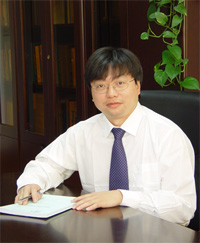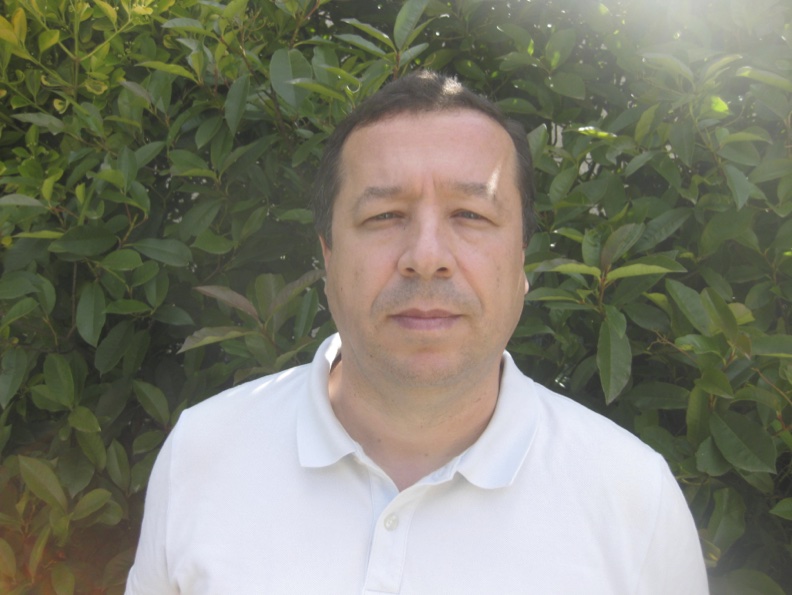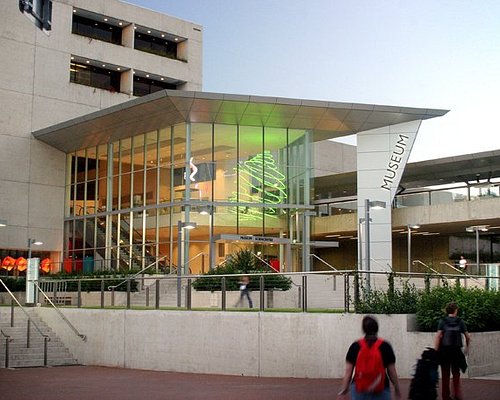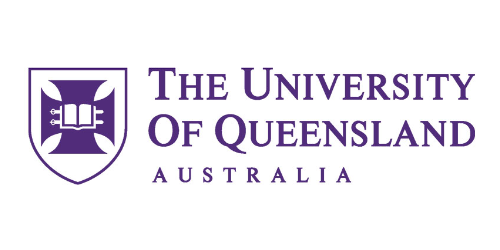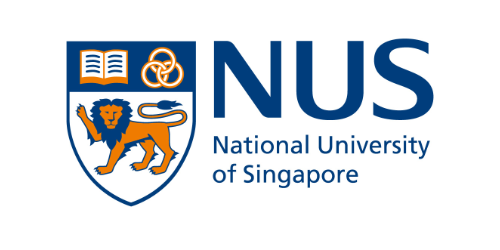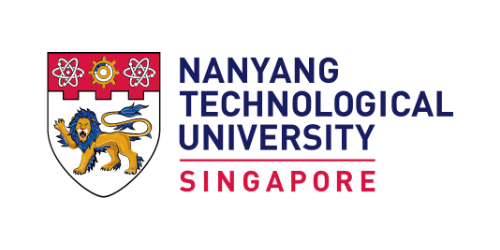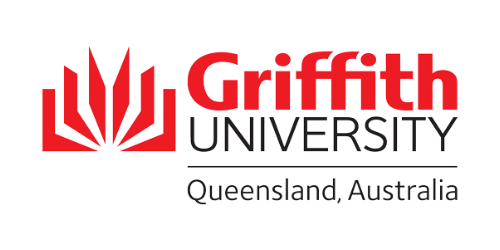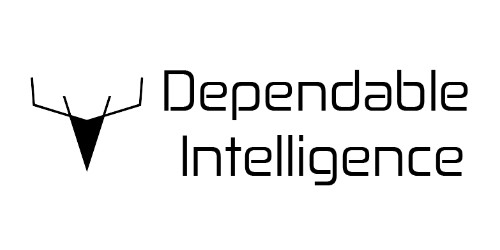Venue and Accomodation
The 24th International Conference on Formal Engineering Methods (ICFEM 2023) will take place in Novotel Brisbane South Bank.
Novotel Brisbane South Bank contemporary hotel is perfectly placed in the heart of the South Bank Parklands. Adjacent to the hotel is seven hectares of luscious grass at Musgrave Park, which hosts some of Brisbane's vibrant annual festivals and events. Take a short walk to the Brisbane Convention and Exhibition Centre. Beyond the Centre, you'll enjoy stunning views, lush parklands, superb dining experiences, vibrant art galleries, riverbank Streets Beach and world class shopping in the Brisbane CBD shopping district.
Novotel Brisbane South Bank has provided ICFEM 2023 with up to 20% discount on accommodation. Book online with the link here to get the discounted rate. The offer is valid until 6th Nov, and exclusive for 19th-24th Nov. If the you would like to extend booking further, please contact the hotel directly via HA0X0@accor.com or call +61 (07) 3295 4100.
Alternative Accommodations

40 Elizabeth Street, Brisbane City QLD 4000
ibis Styles Brisbane Elizabeth Street has provided ICFEM 2023 with about 15% discount on accommodation. Book online with the link here to get the discounted rate. The offer is valid for stay from Friday, 17th November through to Monday, 27th November inclusive.
Located in the heart of the Brisbane CBD, the 367 room ibis Styles Brisbane features uninterrupted views of Brisbane River and the South Bank cultural precinct. Vibrant colours and playful design extend through the lobby, to the Social Restaurant and Bar, while rooms blend comfort, connectivity and style. The best shopping and dining in Brisbane is at its doorstep with access to Queen Street Mall, Treasury Casino, Eagle Street Pier, Convention Centre and public transportation.

218 Vulture St, South Brisbane QLD 4101
Courtyard Brisbane South Bank has provided ICFEM 2023 with about 15% discount on accommodation. Book online with the link here to get the discounted rate. The offer is valid for stay from Friday, 17th November through to Monday, 27th November inclusive.
Set on the fringe of the Brisbane CBD, Courtyard Brisbane South Bank offers an ideal location near the South Bank Parklands in Brisbane, Australia. Experience everything the vibrant state of Queensland has to offer from this family friendly hotel. It is just steps away from public transport options for easy travel to world class eateries, shops, gardens and entertainment venues. Before you begin your day in South Brisbane energize with a workout in the 24-hr fitness centre or take a swim in the heated indoor pool.

267 Grey St, South Brisbane QLD 4101
Emporium Hotel South Bank has provided ICFEM 2023 with about 10-15% discount on accommodation. The discount is automatically applied when guests enter their dates on the website.
A spectacular new standard in exquisite boutique luxury accommodation and award-winning service. 143 luxuriously appointed suites feature all the comforts you could ask for, while an abundance of premium food and beverage options will leave you spoilt for choice. On level 21 you will find a spectacular, 23m infinity edge pool and bar with magnificent views over South Bank Parklands, the Brisbane River, to the city and beyond. The coveted north easterly aspect will allow comfort and enjoyment morning to night, all year round.


